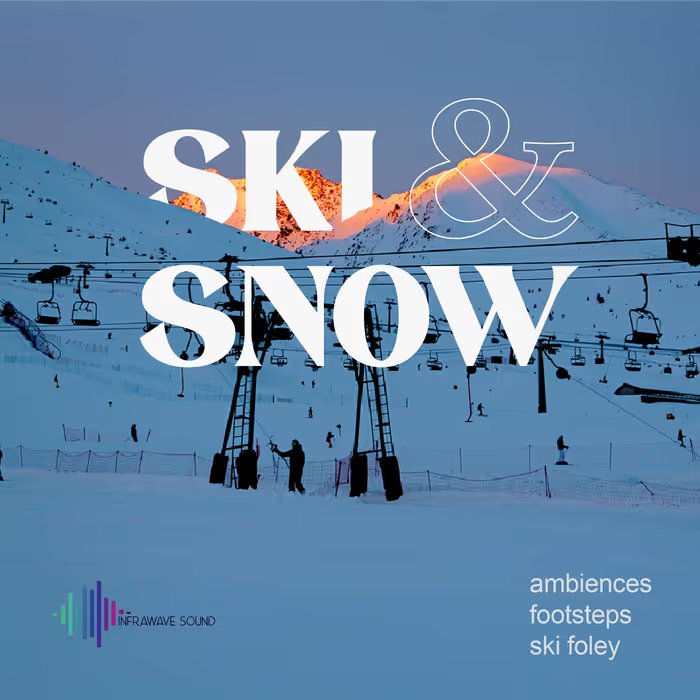Here, Christian looks to the works of Danish film director and poet Jorgen Leth for inspiration on how we can – and why we should – rediscover the art of simply listening.
Jorgen Leth is a hero of mine.
I like his poetry, I enjoy reading his autobiographical books. I love his films. I admire him for his curiosity especially.
I guess all artists are curious by nature. They want to know more. Whether their area of interest is love, hate, death or any other of the infinity of things a human being can take interest in, they intend to examine it in greater detail than most other people. They are not satisfied with standard answers.
The films of Jorgen Leth are as good examples of curiosity in artists as I can think of. He wants to know more. He wants “to see what happens”, in his own words.
But where many other artists intentionally use themselves, their own feelings and opinions, to filter what their curiosity leads them to experience before expressing themselves to the world – Leth has a purer approach:
“I believe in slimming down, getting down to the basic rules, the basic grammar, of film making. What is a sound? What is an image? What does it mean to expose raw film to light? These are the questions I like to ask myself. ”
– Jorgen Leth
In a source I can’t locate at the moment, he speaks of the “dumb camera” as a favorite method of his. The dumb camera doesn’t favorize; it is not opinionated about what it sees. It merely records what happens; often without panning or moving in any way.
There is no trickery, no selective editing – and because of this, we see exactly what is going on. We are not manipulated to see something that isn’t there, to feel more strongly or differently about the situation than it deserves.
This aspect of Jorgen Leth’s films reminds me of what I like about audio field recording – at least the way I do it. It is a question of positioning one or more microphones correctly to pick up the sounds you are interested in. Set the gain – and off you go.
Editing and mastering is usually done with a minimalist approach as well: merely performing cuts and fades in the right places; maybe removing a little bit of noise or extraneous low end.
Of course, it takes preparation to get a good take, whether you record in controlled environments (like a studio) or uncontrolled environments (such as gathering crowd sounds in your home town) – but it’s still simple stuff.
You record what is there, sometimes with a naturalistic perspective, sometimes focusing artificially with a shotgun or parabolic, sometimes with contact microphones.
You are basically “exposing raw film to light”, capturing the raw sound of something – or someplace. To paraphrase Jorgen Leth, you “hear what happens” – nothing more. For some, the quest ends there.
A Contrast To Predictability
The mainstream is used to different things, of course. Hollywood blockbusters know nothing of the dumb camera and “seeing what happens” – everything you see is extremely controlled.
Production time is too expensive to just roll film for the heck of it, and post-production of both sound and image is often very extensive and essential for the finished product.
There is nothing wrong with that though. I love a good sci-fi flick as much as anyone – and making one calls for anything but a naturalistic or purist approach to sound and image.
Big-budget movies are tightly orchestrated things. They are planned and controlled in every detail, with nothing left to chance – just like everything else in our modern lives.
We are led through generally very predictable plots (or verse-chorus-verse, in the case of music) toward a satisfying climax that never fails to emerge (unless the movie is crap, of course). We know what is going to happen – and that a lot is going to happen – and we like that, myself included.
You might argue that entertainment should be predictable and satisfying, that it should make sense and go somewhere. That, with the busy schedules running the industrialized societies of our world, movies and music, that provide instant and more or less guaranteed gratification, is not too much to ask for.
You can certainly easily convince me that this is what the mainstream consists of, and what most people seem to want.
I might just counter that argument though. How many of us can say, with maybe 80% certainty, that we don’t know what our work-day tomorrow will consist of?
The tasks or types of tasks, the workflow, problems we anticipate, our solutions to those problems? Our very ability to be efficient in whatever we do, depends on the premise that tasks are repetitive – at least to a degree – or we would be faced with reinventing the wheel every damn day.
No – jobs are repetitive and predictable, and that is not a bad thing to have in your life. But neither is a little contrast.
The work of Jorgen Leth is a contrast to mainstream movies for sure, and everyone should familiarize themselves with his work and his way of seeing.
But as a person with a penchant for the aural arts, I would also want people to become familiar with the “dumb microphone” way of listening, in a less planned, less prejudiced way.
What’s in it for the average person?
I would also want people to become familiar with the “dumb microphone” way of listening
Well, surprises:
Hearing things you never noticed before; learning things about your immediate environment to understand it better.
How sound travels differently at different temperatures, how there is no such thing as natural silence to be found hardly anywhere, anymore.
Is It Art?
There are some pretty profound sonic experiences in store for the vast majority of people in the industrialized world – we just need to start listening.
Some point toward the concept of acoustic ecology, others are more abstract; more like sound-art. Oh no – did I say art?
Only the most recession-hardened pleb would dismiss an art museum full of exquisite paintings and sculptures, whereas subjecting the public to weird noises in 8.1 surround is somehow less serious, less artistic.
In this mind frame, painting and sculpture is art, classical music is art, rock n’ roll is entertainment -and “sound” is just noise. In many parts of the world, we are used to experiencing visual art. We may not be experts on the matter, but we have heard often enough that the Mona Lisa is a great work of art – and so are works by Rembrandt, Dali, Pollock, etc. We may not like either of them personally – but not many will admit to just not understanding them at all.
In this sense, we all “know” what art is.
So what happens when we are subjected to sound that is clearly not Bach, Beethoven, Charlie Parker (and, possibly, not even music) or birdsong, waves crashing, etc? Most people don’t know what to do, when being forced to listen to sounds that are out of context – or which aren’t immediately recognizable.
While we all “know” what to feel when listening to a recording of crashing waves or whale song (relaxation, save the whales), we don’t “know” what to do with our selves, listening to Alvin Lucier’s “Sitting in a room”, his voice disappearing into the natural resonant properties of that room, with each iteration, each repetition.
We may not even know what to make of a recording of an everyday occurrence
We may not even know what to make of a recording of an everyday occurrence – if there is no visual clue to what is going on. Just the same, we don’t always know what to make of Jorgen Leth’s images. Is anything going on?
Is this art? When does he get to the point? The point is – and I’m obviously interpreting the man’s own words here – to observe.
To see what happens. Sure; there’s a lot more to his films than this, but it is an important aspect. So just watch – or set up a dumb microphone and listen. Don’t judge. Don’t expect art (unless visiting a museum or a gallery). It doesn’t have to be art – sometimes it isn’t.
But it’s always an experience.
Not seeing what you’re used to seeing, but hearing it only. It will be different from what you’re used to – which is reason enough to do it.
Some of the SFX libraries from hzandbits:
from a myriad of independent sound creators, all covered by one license agreement:









